Indonesia dismantles baby-trafficking ring linked to sales of infants to Singapore
Indonesian police have rescued six infants and arrested 12 suspects in a trafficking syndicate that allegedly sold at least 15 babies to Singapore using forged adoption documents since 2023. Authorities are now coordinating with Interpol to locate more victims abroad.
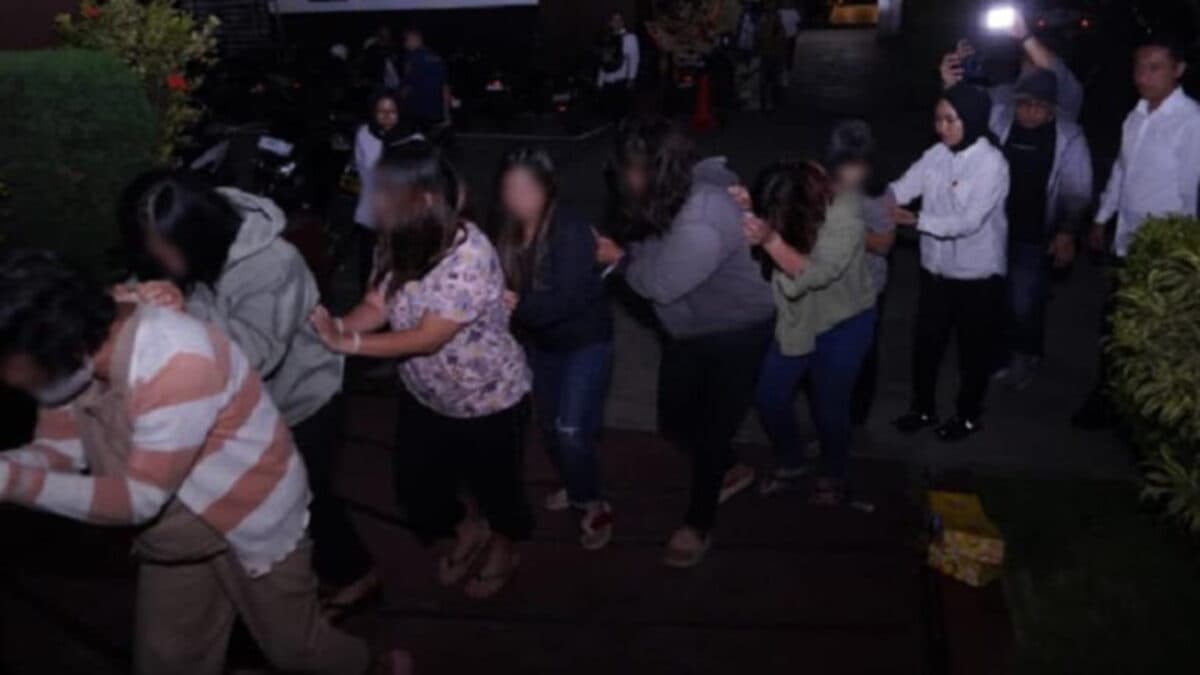
- Six babies rescued and 12 suspects arrested in Indonesia over a trafficking network selling infants to Singapore.
- At least 24 babies are believed to have been trafficked, with falsified documents used to facilitate adoption.
- Police are coordinating with Interpol to trace additional victims and dismantle the wider network.
Indonesian authorities have dismantled a baby-trafficking network accused of selling dozens of infants, including at least 15 to Singapore, in what police describe as one of the country’s most disturbing human trafficking cases in recent years.
The West Java Police’s Directorate of General Crime Investigation confirmed that 12 suspects have been arrested and six babies rescued following a multi-provincial operation that began with a kidnapping report.
Director of General Crime Investigation Police Commissioner Surawan said the case originated from West Java and was uncovered after a parent reported the abduction of a child earlier this year.
“The case originated from West Java and began with a report from a parent whose child was kidnapped. We developed the case from there,” Surawan told reporters.
Investigations revealed that the network had been operating since 2023, allegedly trafficking at least 24 infants for adoption both domestically and abroad.
Police said the syndicate sold each baby for between IDR11 million and IDR16 million (approximately S$865 to S$1,258), using falsified paperwork to pass them off as legitimate adoptions.
Of the 24 known victims, 15 are believed to have been sent to Singapore, while the remaining nine are still being traced and may have been trafficked to other countries.
The babies sent to Singapore were reportedly handed directly to adoptive parents upon arrival, with fake documentation prepared beforehand to facilitate the process.
According to police, some of the infants were obtained from biological parents who gave them up voluntarily, often due to financial hardship. Others were forcibly taken or deceitfully acquired.
In certain cases, the syndicate reportedly accepted advance “reservations” for unborn babies, covering mothers’ delivery expenses before taking custody of the newborns.
Police rescued six infants aged between two and three months who were about to be sold to Singapore. Five were found in Pontianak, West Kalimantan, and one in Tangerang, Banten.
The rescued babies were taken to Bhayangkara Sartika Asih Hospital in Bandung for medical assessment and are expected to be transferred to a shelter under the West Java Social Service.
West Java Police spokesperson Police Commissioner Hendra Rochmawan confirmed the arrests during a late-night press conference on 14 July.
“The Directorate of General Crime Investigation has dismantled a human trafficking network, with 12 suspects in custody and six infant victims rescued,” Hendra said.
He added that the suspects held different roles within the operation. Some acted as recruiters targeting vulnerable parents, while others cared for the babies, handled financial transactions, forged identity papers, or arranged transportation.
Evidence seized included counterfeit identity cards, forged passports, and other documents used to facilitate the babies’ movements across provinces and borders.
Preliminary findings suggest that the network maintained connections with intermediaries in other countries, particularly Singapore, where some babies were sold under the guise of legal adoption.
Surawan said authorities are working with Interpol to locate additional victims and trace the cross-border routes used by the traffickers.
“We are still working to uncover the full extent of the network, particularly concerning the babies believed to be in Singapore. We will coordinate with Interpol for further investigations,” he said.
Police are also examining potential links between this operation and past cases of baby smuggling involving similar routes between Indonesia and Singapore.
In 2016, three suspects were arrested in Batam for allegedly planning to sell a three-month-old boy to Singapore for around US$8,000. That case prompted closer scrutiny of adoption procedures involving foreign citizens.
Singapore’s adoption laws require that both applicants be permanent residents, or that at least one be a Singapore citizen. Single applicants must be citizens or permanent residents.
According to information from Singapore’s Ministry of Social and Family Development (MSF), those seeking to adopt foreign children must first obtain a dependant’s pass to bring the child into Singapore.
The dependant’s pass allows the child to stay in Singapore until the adoption is finalised. Applicants must provide valid identity documents for the child and notarised consent from the biological parents or a legal guardian.
This notarised consent effectively terminates the biological parents’ rights once the Family Court issues an adoption order.
In some cases, prospective adoptive parents must also travel to the child’s home country to meet local legal requirements before being granted the pass and allowed to complete the adoption process in Singapore.
Human rights groups have long warned that criminal syndicates exploit gaps in cross-border adoption systems. They often use forged consent documents and false birth certificates to legitimise trafficked babies, making detection difficult.
The United Nations Office on Drugs and Crime (UNODC) has identified Indonesia as both a source and transit country for human trafficking, particularly involving women and children.
Analysts note that illegal adoption and baby trafficking have historically been fuelled by economic hardship, weak documentation systems, and high demand among foreign adoptive families.
Local media reports suggest that some of the infants trafficked in this case were found malnourished and in poor health when rescued, highlighting the conditions under which they were kept before being sold.
Indonesia’s Social Affairs Ministry said it is now working closely with law enforcement to ensure the rescued babies receive proper medical attention and care.
Meanwhile, police are pursuing the prosecution of all 12 suspects under Indonesia’s Anti-Trafficking Law (Law No. 21/2007), which carries penalties of up to 15 years’ imprisonment and substantial fines.
Surawan reiterated that authorities are committed to dismantling the entire network and ensuring justice for the victims.
“This operation is just the beginning,” he said. “We will not stop until every person involved in this trafficking chain is brought to justice.”
The case continues to draw significant public attention in Indonesia and Singapore, where authorities are expected to assist in verifying the identities and legal status of any babies believed to have been trafficked into the country.


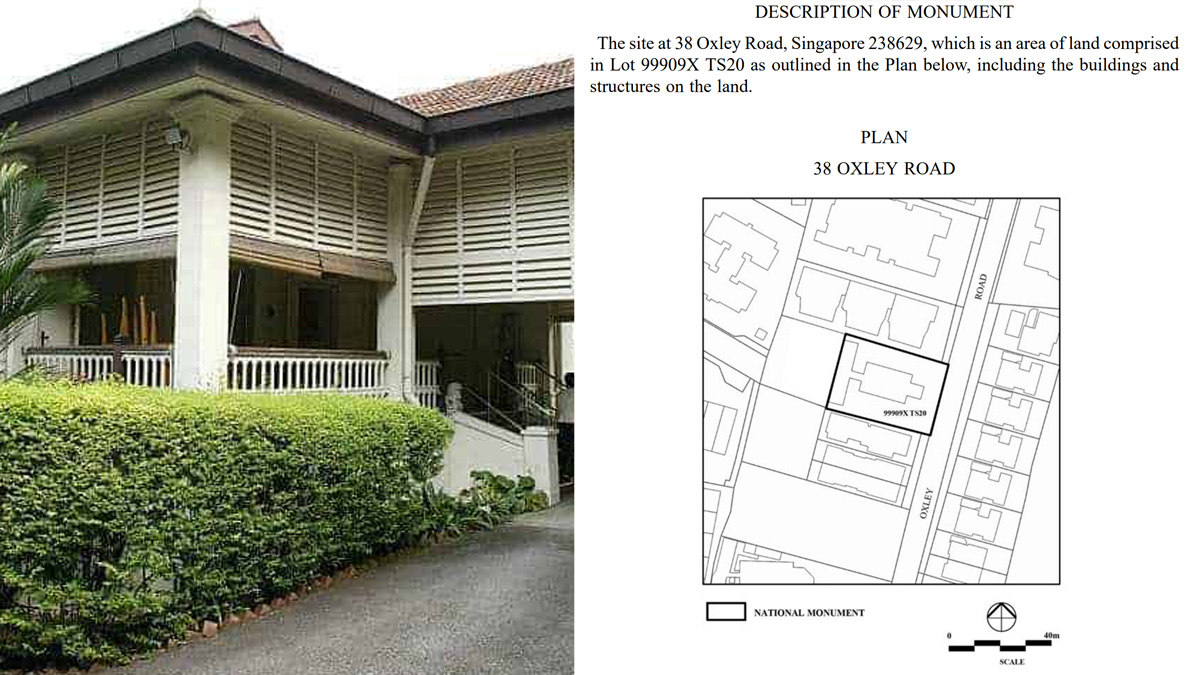
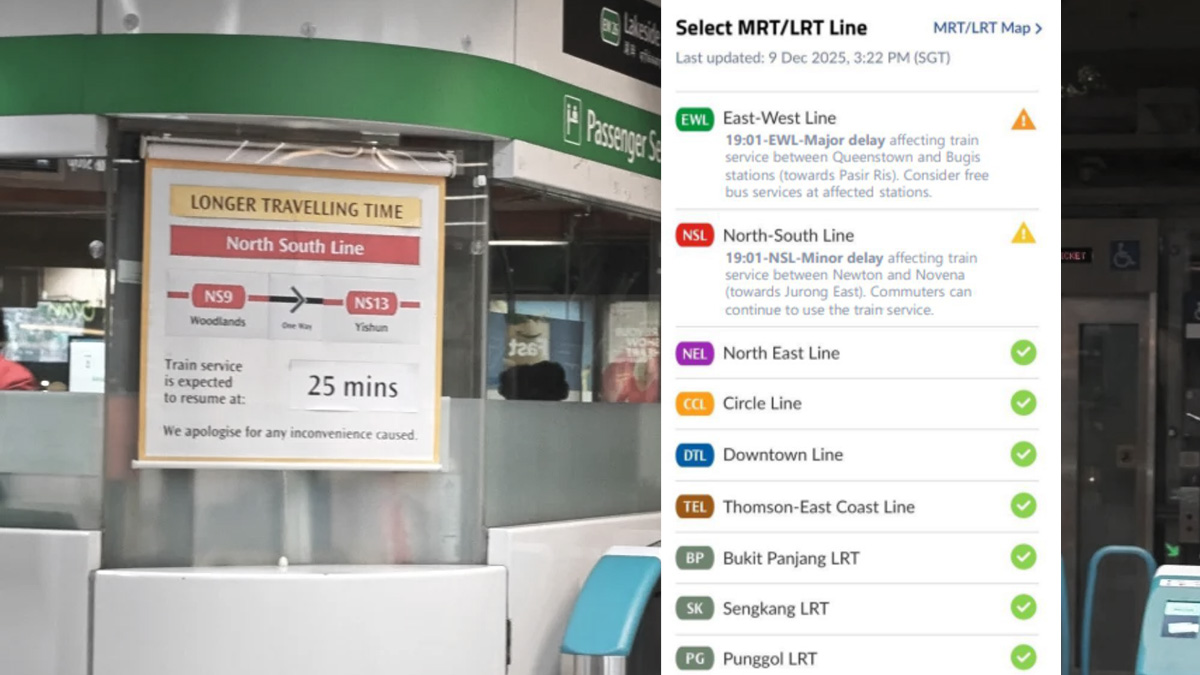
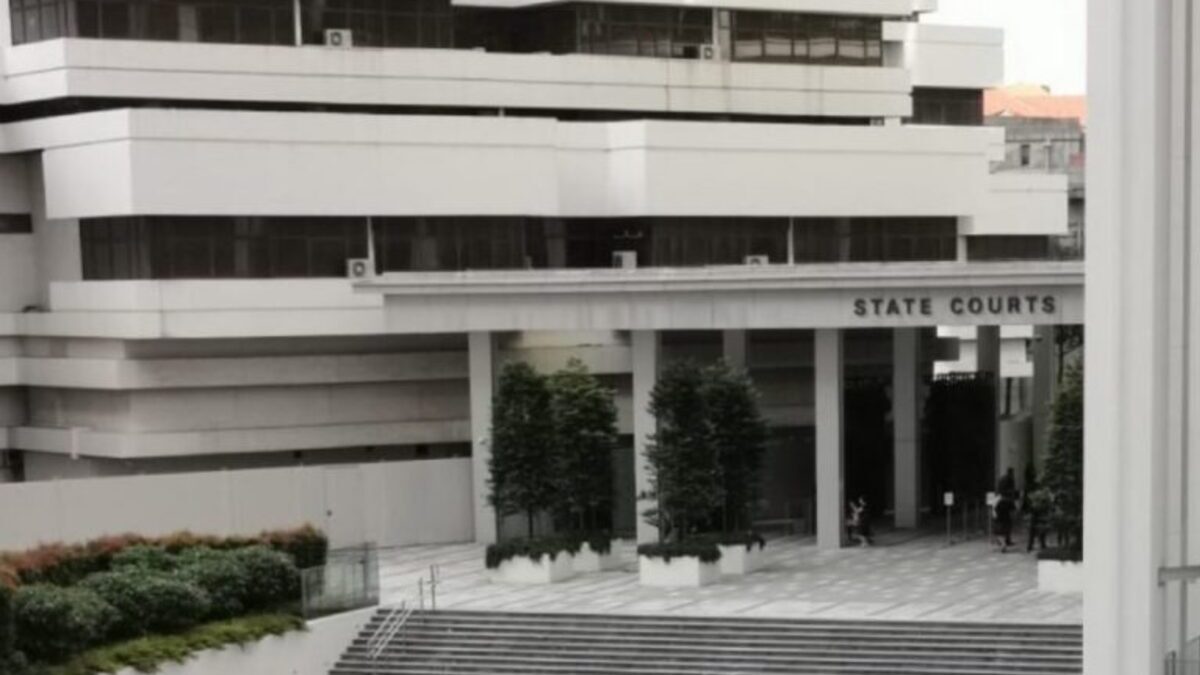
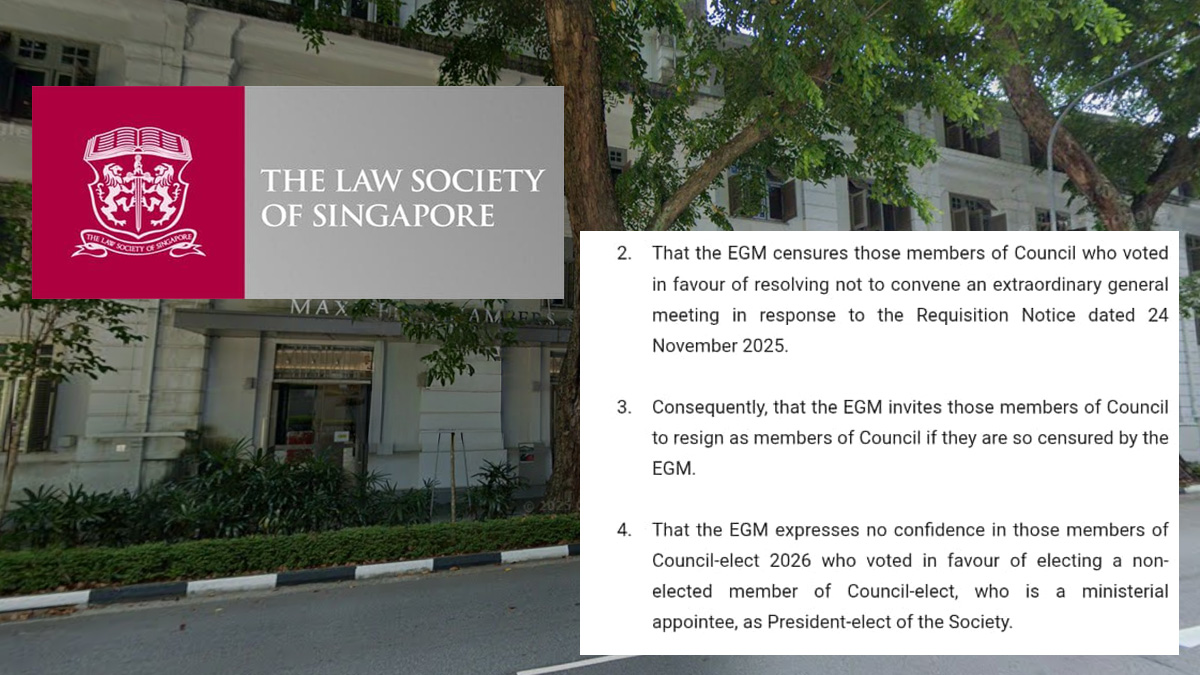
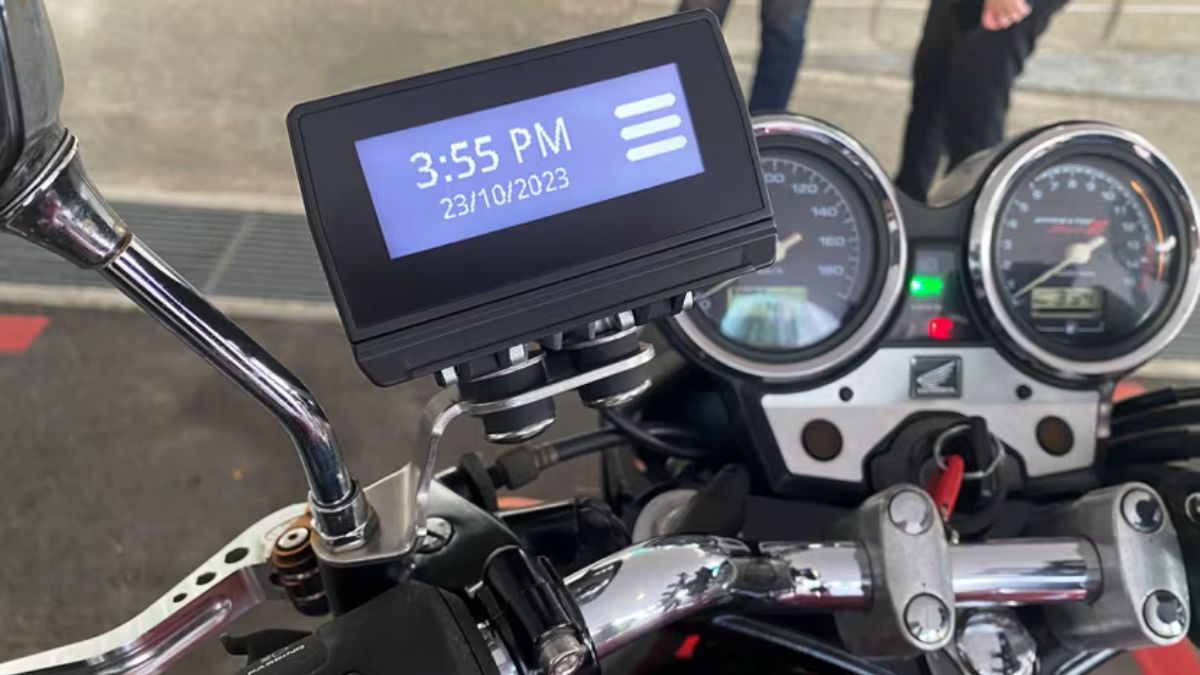
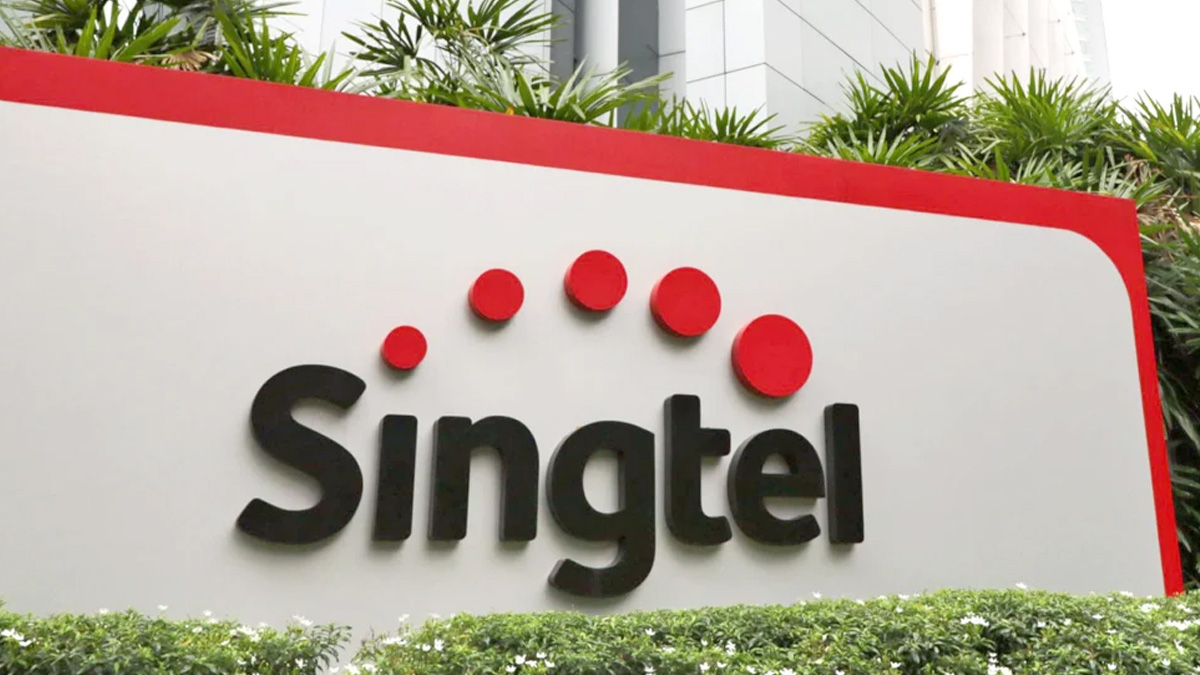
0 Comments